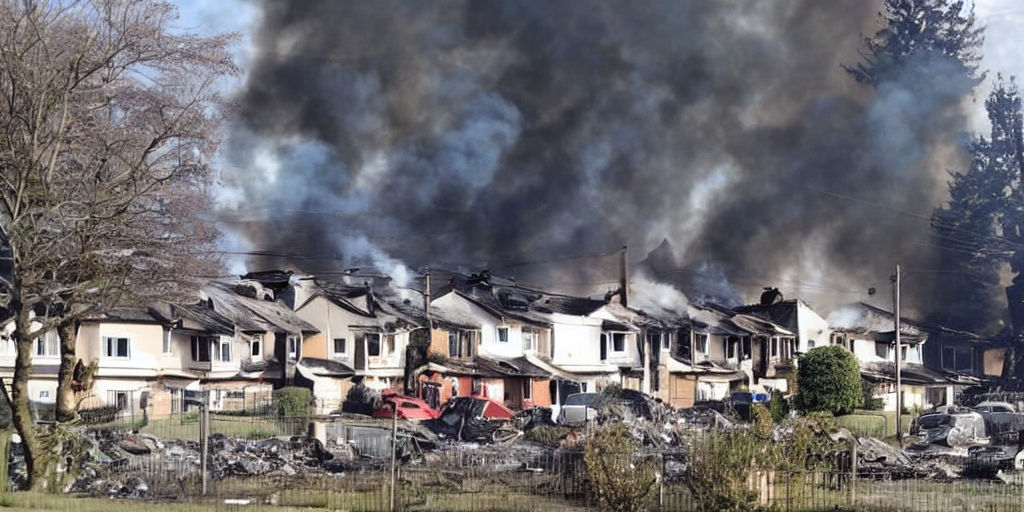
Waste burning impacts on Indonesian households
Investigating the chemical composition of smoke from domestic waste burning in Indonesia is crucial due to the escalating air pollution caused by rapid urbanisation and population growth, leading to uncontrolled burning practices. This research is prompted by the severe public health impacts, with 270,000 premature adult mortalities yearly from exposure to pollutants like polycyclic aromatic hydrocarbons and heavy metals, as well as environmental consequences like soil degradation and water contamination.
Identifying the specific chemical characteristics of waste burning smoke is essential for formulating effective regulations, pollution control measures, and sustainable waste management practices, aligning with the YESI Themes of promoting environmental sustainability and public well-being.
Aims and Objectives
These international exchange visits aim to establish a new research collaboration between the Institut Teknologi Bandung (ITB), Indonesia, and the University of York (UoY), United Kingdom. The collaboration focus on developing a research plan to investigate the impacts of waste burning on indoor and outdoor air quality in residential urban areas of Indonesia.
During the visits, collaborators plan to conduct site visits to potential study locations and research laboratories, engaging in discussions to develop the research plan.
Additionally, the collaboration facilitates knowledge exchange through research seminars delivered by the YESI International Fellows for staff and students at both institutions. The Fellows plan to meet with atmospheric chemistry, environmental studies, social sciences, and engineering experts to gain insights and feedback for refining the research proposal. Ultimately, these exchange visits promote multidisciplinary and international research capacities for the Fellows and their respective institutions.
Dr Sri Hapsari Budisulistiorini (Department of Chemistry)
Bio: Dr Sri Hapsari (Sari) Budisulistiorini's research focuses on the formation and transformation of organic aerosols and their gas-phase sources in indoor and outdoor urban environments. She has extensive experience in field observations and laboratory experiments for characterising organic aerosols and investigating the impacts of anthropogenic and biogenic sources. Complementing her analytical techniques, she employs numerical receptor modelling to elucidate organic aerosols' sources and transformation pathways in the atmosphere. Dr Budisulistiorini has a particular interest and expertise in biomass burning aerosols and their effects on health and climate. Recently, she has expanded her research to encompass the characterisation of airborne microplastics and the impact of indoor sources on outdoor air quality. Dr Budisulistiorini contributes to advancing scientific understanding in this critical area through her multifaceted approach.
Dr Windy Iriana (Department of Environmental Engineering)
Bio: Dr Windy Iriana is a lecturer and researcher at the Department of Environmental Engineering and the Center for Environmental Study at the Bandung Institute of Technology (ITB), Indonesia.
Her current research focuses on personal exposure to air pollution and monitoring of airborne microplastics. Before her career in Indonesia, Dr Iriana was a visiting researcher and PhD student at the Laboratory of Atmospheric Environment Systems, Department of Environment Systems, at the University of Tokyo, Japan. Her doctoral research centered on developing monitoring methods for carbon dioxide emissions from disturbed tropical peatlands. With her expertise in air quality, emissions monitoring, and environmental systems, Dr. Iriana contributes valuable insights to addressing pressing environmental challenges in Indonesia and beyond.